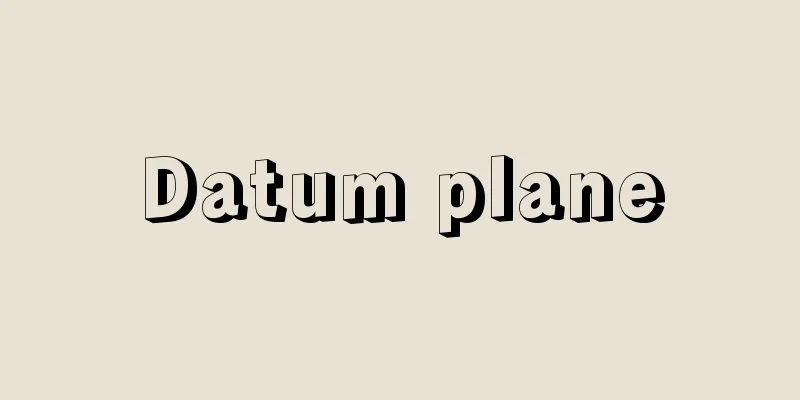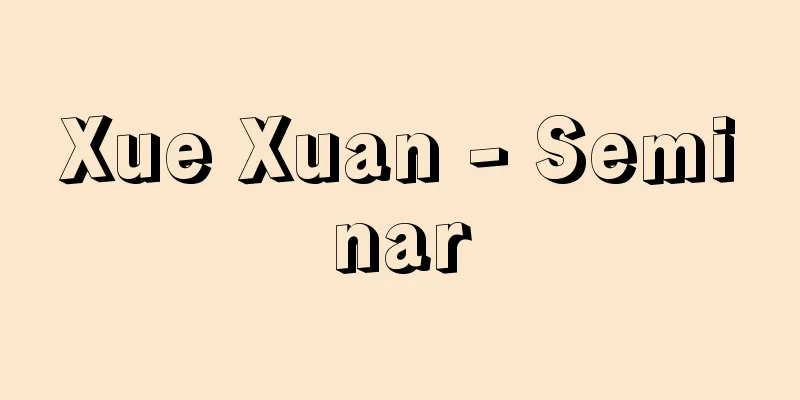Cold food - kanshoku

〘 noun 〙① In ancient China, the 105th day after the winter solstice was considered a day of severe wind and rain, and so people would turn off the heat and eat food without boiling it. Also, that day. Snowshoes. 《Season: Spring》※Jingkokushu (827) vol. 11, Fenghe Jiaohen〈Shigano Sadatsuna〉"The cold food festival, the old Zhou dynasty system, the ban on fire and wind, has not yet been abolished ." 〔Book of the Later Han - Biography of Zhou Jie〕② A state of extreme poverty. ※Stranger (1936)〈Mafune Yutaka〉3 "Are the bereaved family members on the verge of being forced to eat cold food?"Kan-gui ...guhi [cold food]Source: The Selected Edition of the Japanese Language Dictionary About the Selected Edition of the Japanese Language Dictionary Information |
〘名〙① 古く、中国で、冬至から一〇五日目は風雨の烈しい日として、火断ちをして煮たきしないで物を食べた風習。また、その日。かんじき。《季・春》※経国集(827)一一・奉和鞦韆篇〈滋野貞主〉「寒食節、周旧制、禁火余風猶未レ廃」 〔後漢書‐周挙伝〕② はなはだしく貧乏な状態。※見知らぬ人(1936)〈真船豊〉三「遺族の方が、寒食にさらされようといふ瀬戸際でござんせう?」
かん‐ぐい ‥ぐひ【寒食】出典 精選版 日本国語大辞典精選版 日本国語大辞典について 情報 |
>>: Emotional theory - Kanjoron
Recommend
Mosquito swarm - Kabashira
This refers to the phenomenon in which mosquitoes...
Ogieroyu (first generation)
...A type of shamisen music. The first Ogie Royu ...
Romanesque art (English)
An art style from the European Middle Ages. The t...
tājir (English spelling) tajir
In particular, commercial trade with the world at...
electrification
…An object originally carries equal amounts of po...
Macrobrachium rosenbergii; giant freshwater prawn
Palaemonidae, order Decapoda, class Malacostraca. ...
Upas - Upas (English spelling)
It is an evergreen tree of the mulberry family (A...
Hospital - International
1. In China, the style of painting of the painting...
Electron gun
A device that forms and emits an electron beam. I...
Moving iron type gauge - moving iron type gauge
...As an ammeter, it is desirable for the interna...
Inuyama alluvial fan - Inuyama alluvial fan
… The alluvial plains of the Nobi Plain are rough...
Eustachio, Bartolomeo
[Born] 1524? San Severino [Died] August 1574. Foss...
frost action
...Although the extent of periglacial regions var...
Basketball - Basketball (English spelling)
A ball game played by two teams of five players e...
Kensuke Oka - Kensuke Oka
1799-1839 A doctor in the late Edo period. Born i...









